The Role of Geology in Groundwater Management
Introduction
Groundwater management is an essential aspect of environmental conservation and sustainable development. It involves the strategic planning and controlled use of subsurface water resources to prevent overexploitation and contamination. A significant factor influencing groundwater management is geology, the scientific study of the Earth's solid materials and processes that shape them. This article delves into the role of geology in groundwater management, exploring how geological knowledge aids in the understanding and management of groundwater resources.

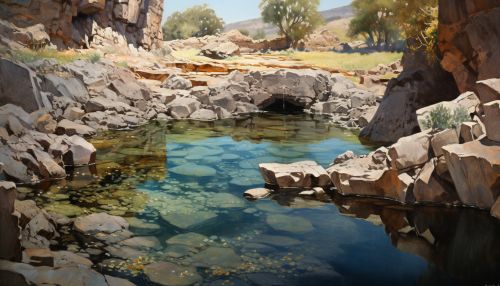
Geology and Groundwater
Geology plays a pivotal role in understanding groundwater systems. The geological characteristics of an area, such as the type and distribution of rocks and sediments, directly influence the occurrence, movement, and quality of groundwater.
Groundwater Occurrence
Groundwater occurs in geological formations known as aquifers, which are permeable rock or sediment layers capable of storing and transmitting water. Aquifers can be unconfined, confined, or semi-confined, depending on the type and arrangement of geological materials above and below them. Unconfined aquifers, also known as water table aquifers, have a water table that fluctuates with precipitation and extraction rates. Confined aquifers, on the other hand, are trapped between impermeable layers, leading to pressurized water that can rise above the aquifer when tapped, forming an artesian well.
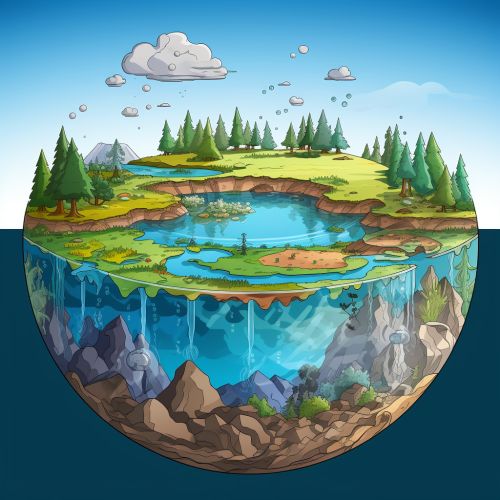
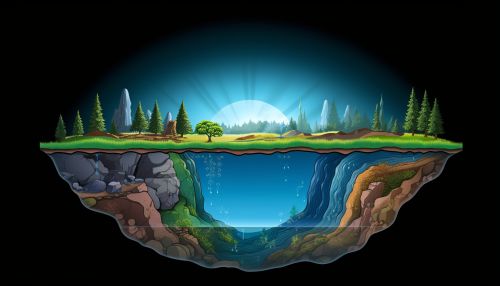
Groundwater Movement
The movement of groundwater, also known as groundwater flow, is primarily determined by the permeability and porosity of the geological materials. Permeability refers to the ability of a material to transmit fluids, while porosity is the proportion of voids or spaces within a material. Geological materials with high permeability and porosity, such as sand and gravel, facilitate rapid groundwater flow, while those with low permeability and porosity, like clay and granite, impede groundwater movement.
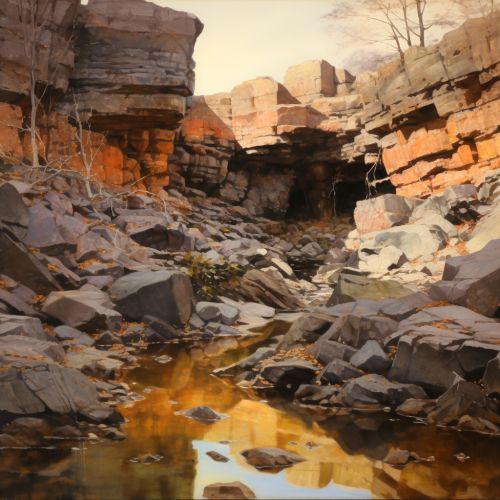
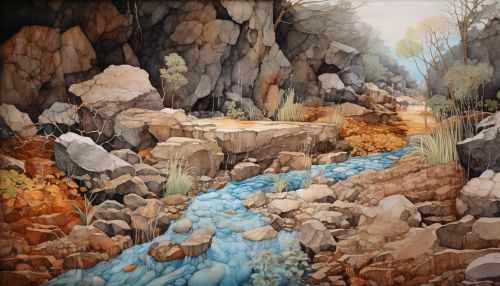
Groundwater Quality
The quality of groundwater is also influenced by geology. Certain rock types can leach harmful substances into the groundwater, affecting its quality. For instance, groundwater in areas with granite bedrock may contain high levels of radon, a radioactive gas, while limestone areas may have hard water due to high calcium and magnesium levels.

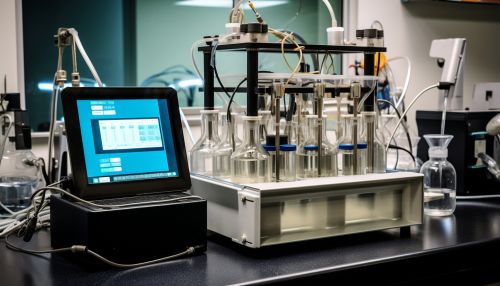
Geological Investigations in Groundwater Management
Geological investigations are integral to effective groundwater management. They provide valuable data on the geological characteristics of an area, aiding in the assessment of groundwater resources and the development of management strategies.
Geological Mapping
Geological mapping involves the creation of maps that depict the distribution and types of rocks and sediments in an area. These maps provide insights into the potential locations of aquifers and the direction of groundwater flow, aiding in the planning of groundwater extraction and recharge projects.
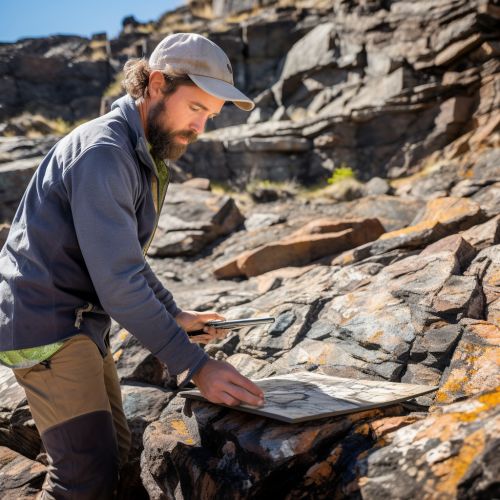
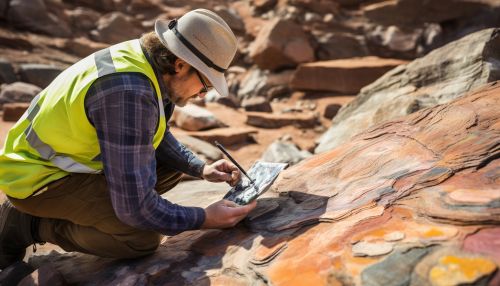
Geophysical Surveys
Geophysical surveys use methods such as seismic, electrical, and magnetic techniques to investigate the subsurface geology. These surveys can identify the depth and thickness of aquifers, the presence of confining layers, and the quality of groundwater, providing crucial information for groundwater management.
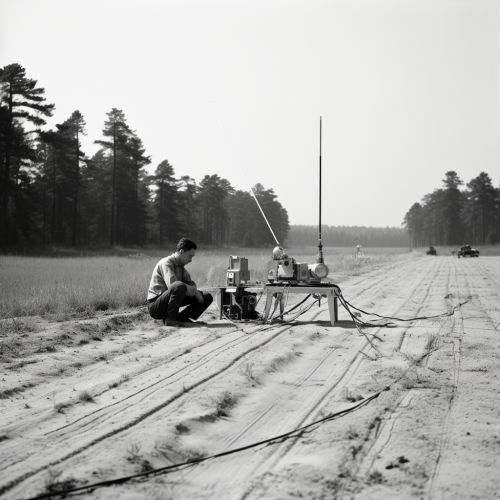
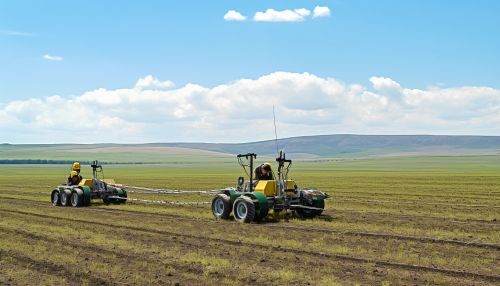
Geochemical Analysis
Geochemical analysis involves the study of the chemical composition of rocks, sediments, and groundwater. It can identify potential water quality issues and trace the source of contaminants, aiding in the protection and remediation of groundwater resources.
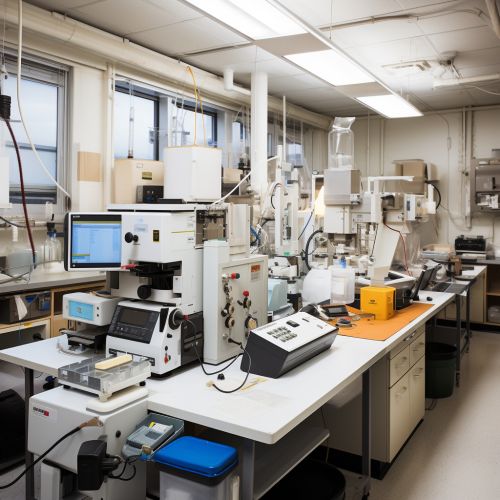

Geology in Groundwater Modeling
Groundwater modeling is a powerful tool in groundwater management, allowing for the prediction of groundwater behavior under different scenarios. Geological data is crucial in the development of these models, providing the necessary information on the physical properties of the aquifer and the surrounding geological materials.
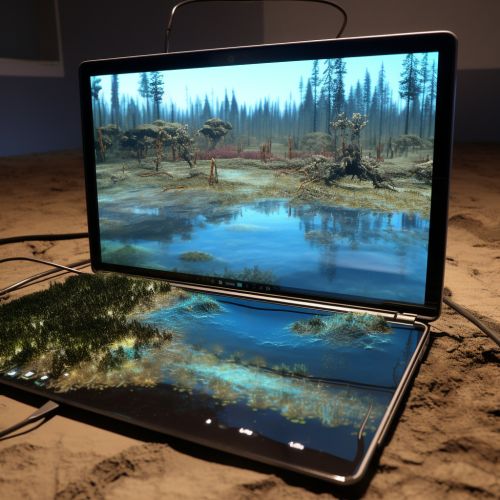

Conclusion
Geology plays a pivotal role in groundwater management, providing the necessary knowledge and tools to understand and manage groundwater resources effectively. Through geological investigations and modeling, we can assess groundwater resources, develop sustainable extraction and recharge strategies, and protect groundwater from contamination. As such, geology is not just a scientific discipline but a crucial component of environmental management and sustainability.
